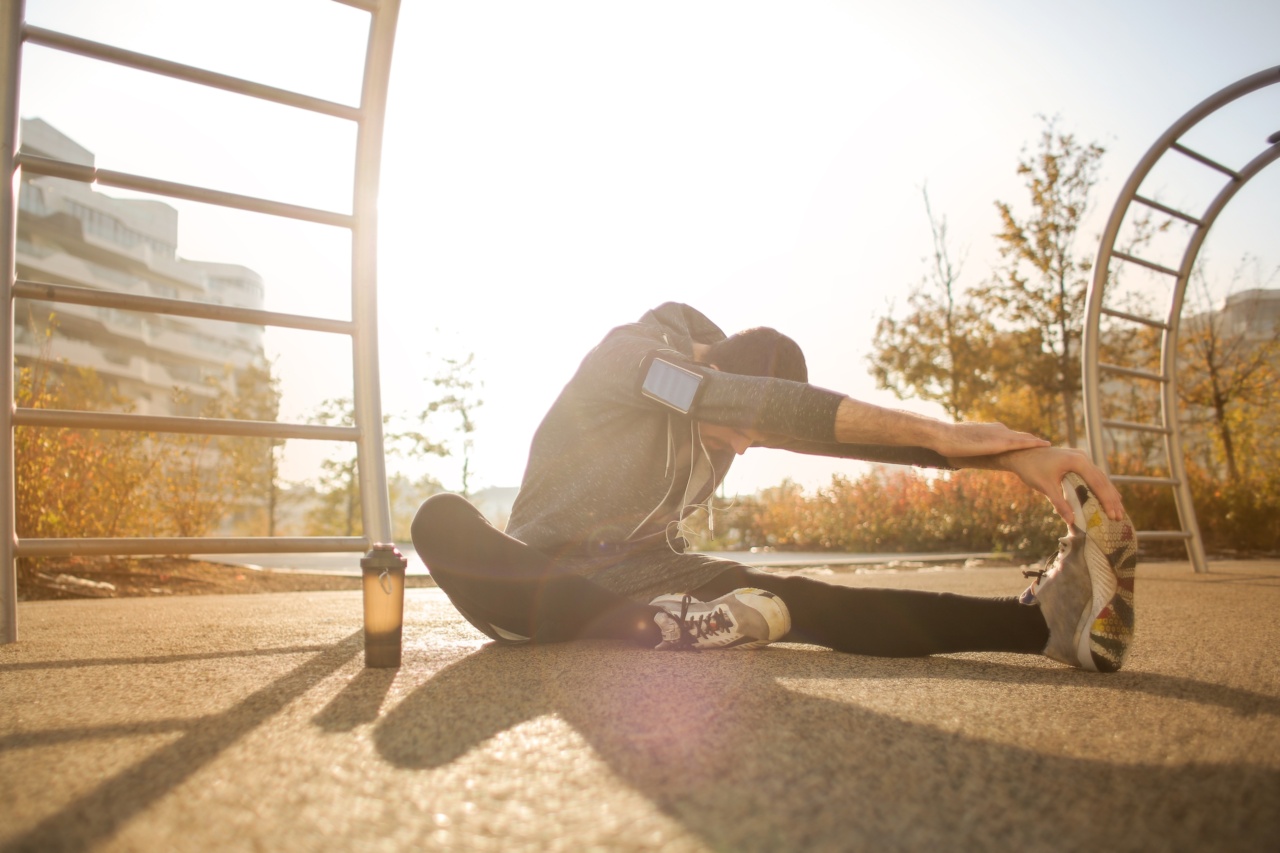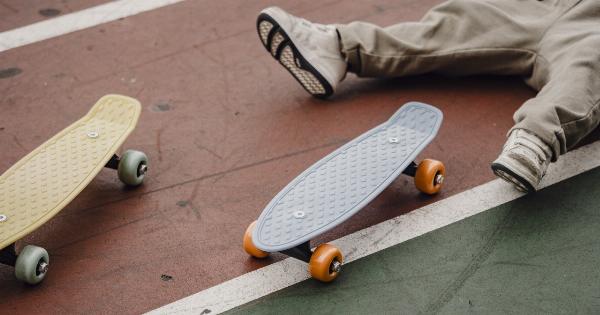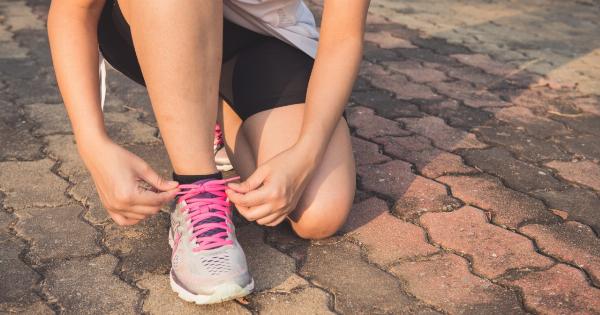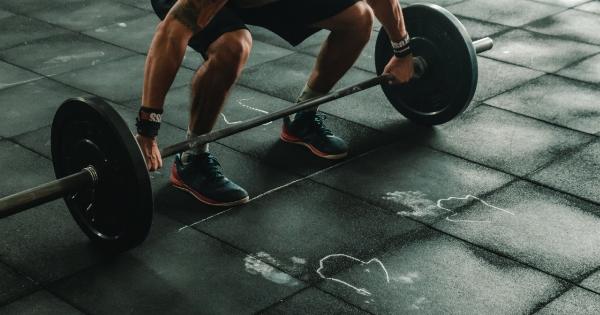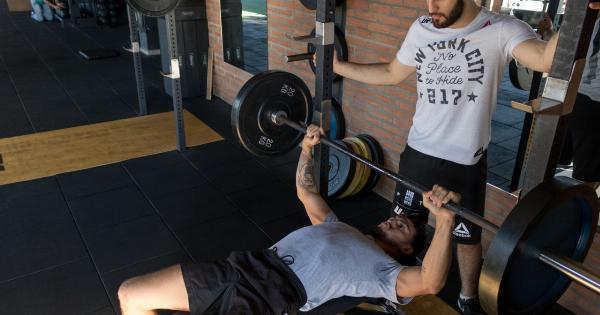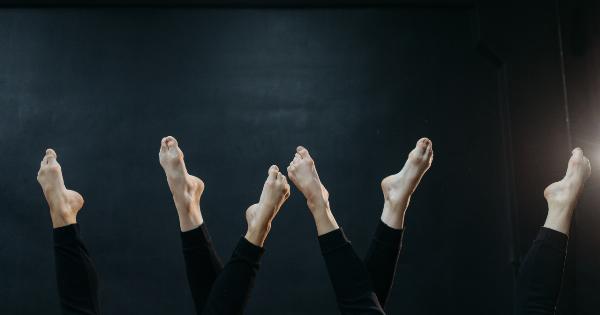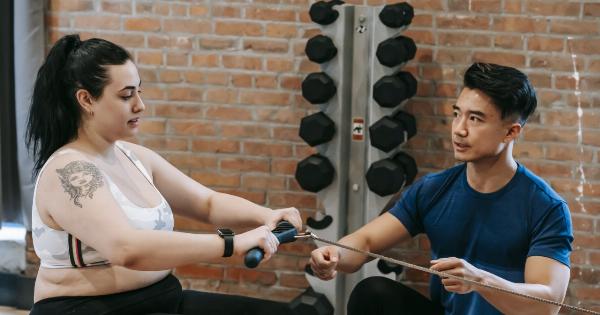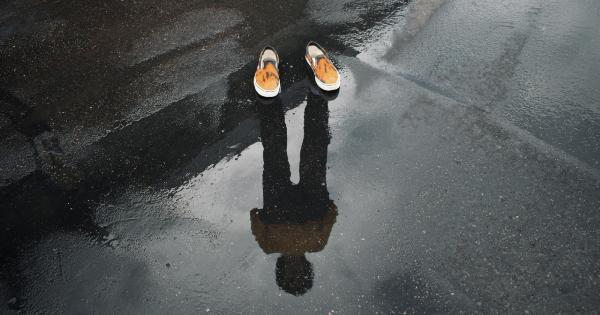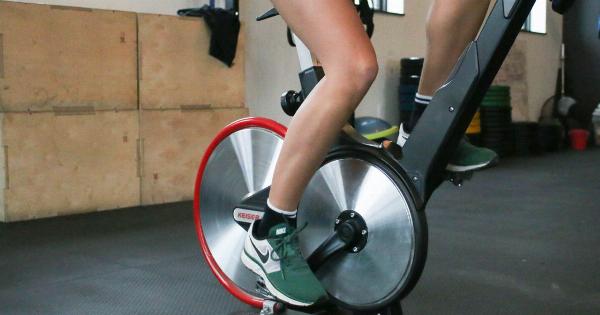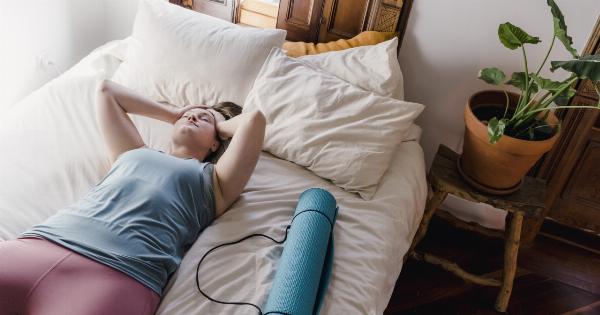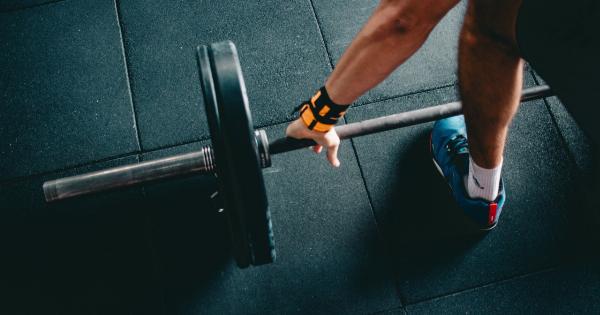Summer is a wonderful time of year filled with sunshine, warmth, and outdoor activities. However, all that fun in the sun can leave your legs feeling tired and weary.
Whether you’ve been hiking, biking, or simply enjoying long walks on the beach, it’s important to take care of your legs to ensure they stay strong and healthy throughout the summer season. In this article, we will discuss some effective tips to relieve summer leg fatigue and keep your legs feeling refreshed and revitalized.
1. Elevate your legs
Elevating your legs is a simple but effective way to reduce leg fatigue. Lie down on a comfortable surface and prop your legs up on pillows or cushions to elevate them above your heart level.
This helps to promote better blood flow and reduces swelling and discomfort in your legs.
2. Apply a cooling gel
After a long day of summer activities, your legs might feel warm and swollen. Applying a cooling gel or lotion can provide instant relief by soothing the skin and reducing inflammation.
Look for products containing ingredients like aloe vera, menthol, or eucalyptus oil, which have a cooling and calming effect on the skin.
3. Take a refreshing dip
One of the best ways to relieve leg fatigue is by taking a dip in cool water. Whether it’s a pool, lake, or ocean, immersing your legs in water helps to reduce swelling and eases muscle tension.
You can also try alternating between hot and cold water for a contrast hydrotherapy treatment, which further enhances blood circulation and minimizes leg fatigue.
4. Massage your legs
A gentle leg massage can work wonders in relieving muscle tension and promoting relaxation. You can use a self-massage technique or seek the help of a professional masseuse.
Start from your feet and work your way up, using long, sweeping strokes and gentle kneading motions. This not only improves blood flow but also helps to flush out toxins accumulated in your muscles.
5. Stretch it out
Stretching is essential to prevent muscle tightness and maintain flexibility. Incorporate some leg stretches into your daily routine to relieve leg fatigue.
Focus on stretching your calves, hamstrings, and quadriceps, holding each stretch for about 30 seconds. Stretching enhances blood circulation, reduces muscle soreness, and keeps your legs limber and ready for more summer activities.
6. Stay hydrated
Dehydration can contribute to muscle cramps and fatigue, so it’s crucial to stay properly hydrated, especially during hot summer days. Drink plenty of water throughout the day to replenish lost fluids and minimize the risk of leg fatigue.
You can also include hydrating foods in your diet, such as watermelon, cucumbers, and oranges, which are not only refreshing but also rich in electrolytes.
7. Wear compression socks
Compression socks are a fantastic option for combating leg fatigue, particularly during long periods of standing, sitting, or traveling.
These specialized socks apply gentle pressure to your legs, improving blood circulation and preventing swelling and discomfort. They are available in various styles and compression levels, so choose the one that suits your needs and activities.
8. Practice proper footwear
The right footwear plays a crucial role in preventing leg fatigue. Opt for comfortable shoes with proper arch support and cushioning to absorb shock and reduce strain on your legs.
Avoid high heels and flip-flops as they can lead to muscle imbalances and instability. If you’re planning on engaging in specific activities like hiking or running, invest in appropriate footwear that provides adequate support and shock absorption.
9. Take regular breaks
It’s essential to listen to your body and take regular breaks during prolonged periods of physical activity. Whether you’re on a long hike or spending hours exploring a new city, make sure to take brief breaks every hour or so.
Sit down, put your feet up, and give your legs a chance to rest and recover. This will help to prevent overexertion and reduce leg fatigue.
10. Maintain a healthy lifestyle
A healthy lifestyle is key to reducing leg fatigue and maintaining overall leg health. Make sure to incorporate regular exercise into your routine to strengthen your leg muscles and improve circulation.
Eat a balanced diet rich in vitamins and minerals that support leg health, such as magnesium, potassium, and vitamin E. Additionally, avoid smoking and excessive alcohol consumption, as these habits can negatively impact blood circulation and contribute to leg fatigue.
